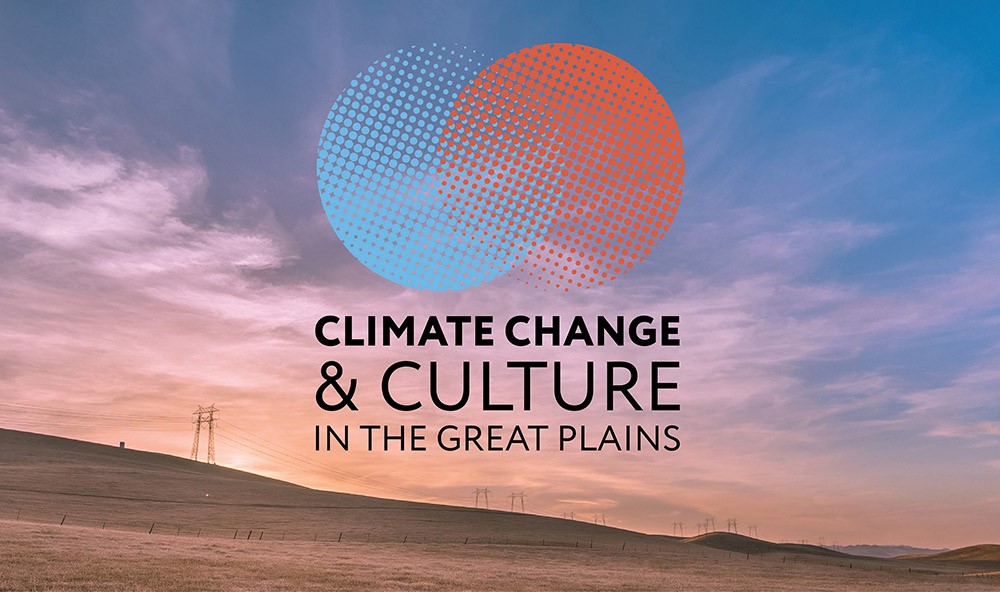
This year's Great Plains conference, Climate Change & Culture in the Great Plains, will be in Lincoln, Neb., on April 9-10 at the Center for Great Plains Studies and Lied Center. Registration is open.
How did climate change become such a divisive issue? How does culture—meaning the beliefs, values, social practices, language, and attitudes by which we organize daily life—affect our understanding of climate change and limit or advance our possibilities for addressing it? Why have some embraced climate change denial and tried to delegitimize climate science? Can literature, art, history, politics, economics, psychology, language, and other social science and humanities disciplines bring to the discussion new and constructive ways of communicating? These questions motivate Climate Change and Culture in the Great Plains.
See the conference website for schedule and additional information.
Plenary speakers
- Andrew Hoffman is the author of How Culture Shapes the Climate Change Debate, one of 16 books and over 100 articles/book chapters he has written. In this work, he focuses on how environmental issues emerge and evolve under the influence of social and political ideas and the underlying cultural values that are engaged when people debate these issues. He is Professor of Sustainable Enterprise at the University of Michigan in the Stephen M. Ross School of Business and the School for Environment & Sustainability.
“Hoffman’s book is a much-needed analysis of how humans process information—and how that messy mix of reason, emotion, and cultural influence shapes and reinforces our views on global climate change.” —Anthony Leiserowitz, Director, Yale Project on Climate Change Communication. - Jessica Thompson’s research involves improving climate change communication through social science. She led a National Science Foundation project on building place-based climate change education tools for the U.S. National Park Service and U.S. Fish and Wildlife Service. Thompson is an expert on the social and cultural foundations for effective promotion of environmental policy with an interdisciplinary approach involving history, culture, government, and media. She is Associate Professor at Northern Michigan University and the founder of the Northern Climate Network. She also spent five years in the Human Dimensions of Natural Resources department at Colorado State University.
- Daniel Wildcat writes on indigenous knowledge, technology, environment, and education. He is co-director of the Haskell Environmental Research Studies Center. A Yuchi member of the Muscogee Nation of Oklahoma, Wildcat recently formed the American Indian and Alaska Native Climate Change Working Group, a tribal-college-centered network of individuals and organizations working on climate change issues. In 2008, he helped organize the Planning for Seven Generations climate change conference sponsored by the National Center for Atmospheric Research. He is the author of Red Alert! Saving the Planet with Indigenous Knowledge and Professor at Haskell Indian Nations University in Lawrence, Kan.
Courtesy the Center for Great Plains Studies